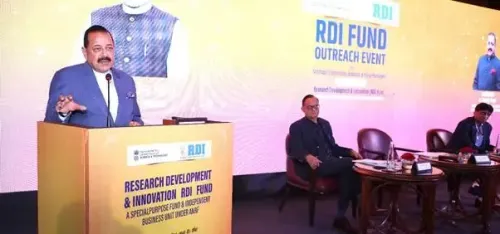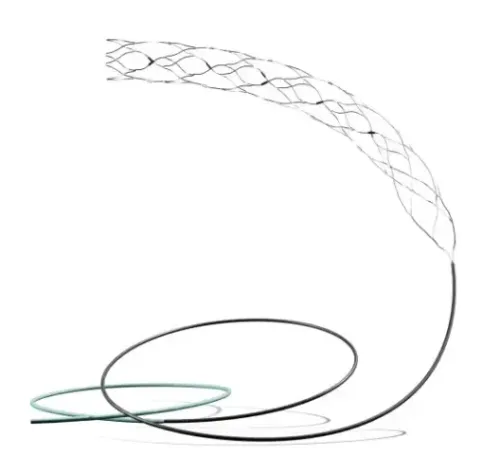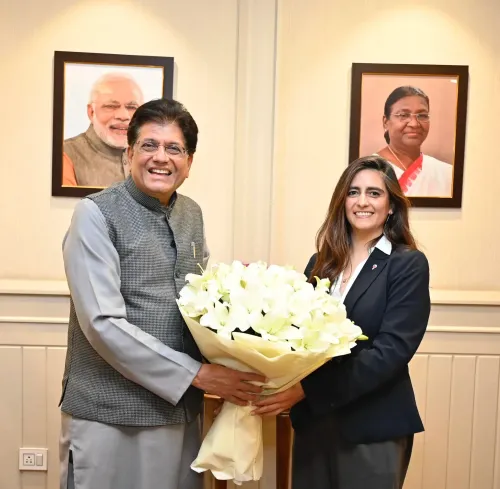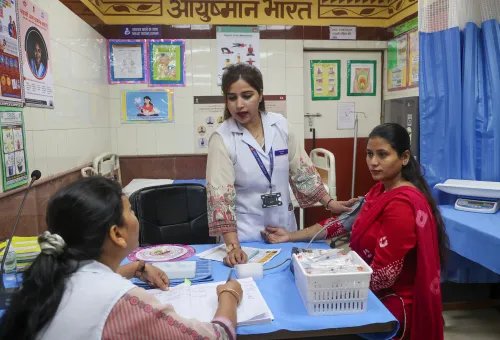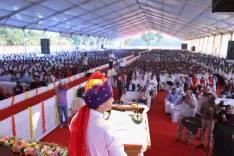Why Are Stakeholders Praising the Quick Roll-Out of India's Critical Mineral Recycling Incentive Scheme?

Synopsis
Key Takeaways
- The scheme is valued at Rs 1,500 crore.
- Application period is open until April 1, 2026.
- Aims to recycle critical minerals from various waste sources.
- Incentives for large and small recyclers are available.
- Promotes sustainability in the supply chain.
New Delhi, Oct 24 (NationPress) Stakeholders have expressed their satisfaction regarding the rapid implementation of the Rs 1,500 crore Critical Mineral Recycling Incentive Scheme, as announced by the government on Friday. The application period for this scheme is currently open.
The primary objective of the scheme is to boost the industry's capability to recycle critical minerals sourced from e-waste, spent lithium-ion batteries, and other scrap materials, including catalytic converters from end-of-life vehicles, according to an official statement.
This initiative, part of the National Critical Mineral Mission, aims to establish a sustainable supply chain in the short term, as highlighted by the Ministry of Mines.
Approved by the Union Cabinet on September 3, 2025, the Ministry of Mines commenced the application process following the release of comprehensive guidelines on October 2, 2025. The application window is set to remain open until April 1, 2026.
It is estimated that annual e-waste generation reaches around 1.75 million tonnes, with spent lithium-ion batteries totaling approximately 60 kilotonnes, as per the statement. The Ministry noted that the availability of these waste materials is projected to increase significantly over the next 4-5 years.
The Union Budget 2025-26 has removed customs duties on LIB scrap, easing the import process. The issue of feedstock availability is also being addressed through the formalization of collection practices under the Extended Producer Responsibility (EPR) framework, integrating waste into the recycling ecosystem with support from relevant government agencies.
This Scheme will incentivize the recycling value chain involved in the actual extraction of critical minerals, thereby encouraging more recyclers, especially upstream participants like dismantlers, crushers, and shredders, to join the formal system, as noted in the statement.
Incentives for larger recyclers are set at Rs 50 crore, while small-scale recyclers can receive up to Rs 25 crore. The scheme is expected to enhance recycling capabilities utilizing techniques such as hydrometallurgy, with the Ministry emphasizing that proven technologies for comprehensive recycling are available in India.


